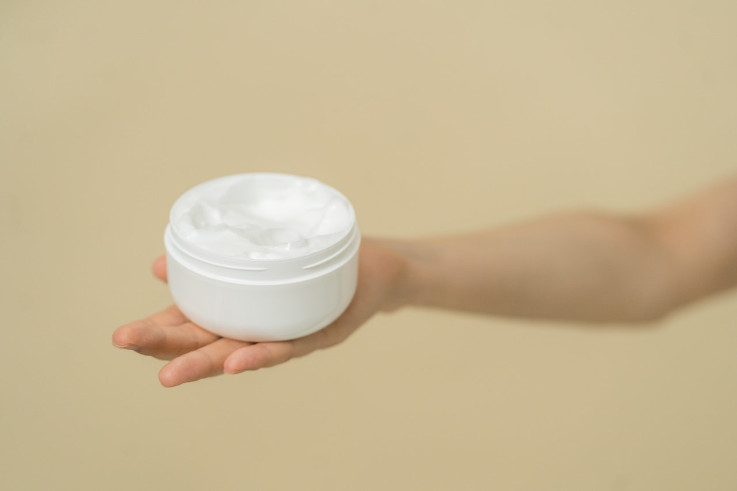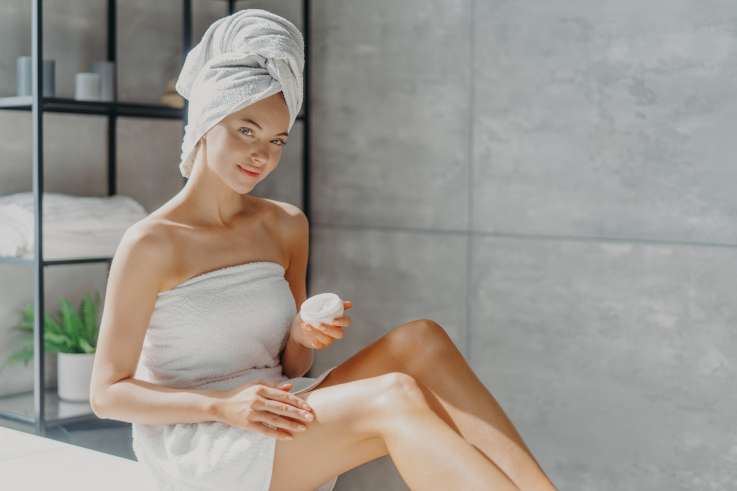Navigating the ingredient list of a skincare product can be tricky at the best of times, but if you’re trying to ensure that the product in question doesn’t contain any animal-derived compounds, that simple ingredient list can seem like a minefield. It doesn’t help that so many companies try to hide the fact that their products contain animal-derived ingredients – after all, they’re well aware that more and more consumers are now trying to make the switch to cruelty-free cosmetics.
If you’re concerned that your go-to wrinkle creams may potentially contain ingredients that have been obtained from cows, you’re right to be worried. So many classic ingredients have animal origins – unless the formula you’re using has been labeled as vegan and cruelty-free, then there’s a very high chance that it makes use of animal byproducts.
How can you find out for sure? The only way would be to thoroughly research each and every ingredient in that product. To save you some time, we’ve made a start on that research – read on to learn more about where some of your favorite anti-aging ingredients come from.
Contents
Non-Vegan vs Vegan Skin Care: What Comes from a Cow? Spotting Animal-Derived Ingredients
It’s not just cows that provide ingredients used in anti-aging creams and other products. Pigs, chickens, and even insects all contain compounds that many cosmetic companies love, not only because they offer skin-enhancing properties, but also because they’re inexpensive and easily available. Here are some of the most common animal-derived ingredients used in skincare products:
- Beeswax comes from bees
- Casein comes from cow’s milk
- Collagen and elastin come from the skin and vertebrae of cows
- Gelatin comes from animal bones
- Glucosamine comes from chickens
- Glycerine/glycerin can come from animals, but it can also be obtained from vegetable fats
- Hyaluronic acid is often obtained from chickens
- Lanolin comes from wool
- Panthenol usually comes from meat or honey
Is Synthetic Beeswax Vegan?
While beeswax obviously comes from bees, making it non-vegan, what about synthetic beeswax?
Fortunately, synthetic beeswax is completely vegan and cruelty-free. In fact, it’s not actually technically beeswax – it’s a synthetic alternative that acts in the same way.
Is Stearic Acid Vegan? What about Glyceryl Stearate?
Two ingredients that you may not pay much attention to in anti-aging creams are stearic acid and glyceryl stearate.

In some parts of the world, stearic acid, which is used to treat inflammation, comes from palm, making it vegan. However, most countries in the west make stearic acid from animal tallow or fat. If you’re unsure where the stearic acid in your anti-aging cream comes from, speak to the manufacturer for more information.
Is Makeup Made from Animals? Spotting Animal Products in Makeup Formulas
We’ve covered skincare, but you probably have some questions about your makeup products too. Read on for all the answers:
Is Eyeliner Made Out of Bat Poop?
Bat poop isn’t currently used to make any beauty products. However, it’s worth noting that your eyeliner may still contain other animal byproducts, such as beeswax, tallow, and amino acids.
Is Bat Guano in Mascara?
No, mascara doesn’t contain bat guano. It does contain a dye known as guanine, and while this compound can be found in bat poop, the guanine used in makeup products is usually derived from fish scales (again, not vegan).
Is Lipstick Made from Animals?
While there are several vegan lipsticks out there, most of the lip products available on store shelves contain a red coloring called cochineal or carmine. This is extracted from insects, making it non-vegan.
FAQ
Q: What products are made from cows?
There are so many everyday products made from cows, including meat, dairy, leather, cosmetics, candles, perfumes, and more.
Q: Does deodorant come from cows?
Some deodorants contain fatty acids that have been derived from cows and other animals.
Q: Is lipstick made out of cow blood?
No, cow blood is not used to make lipstick.
Q: What makeups are made from animals?
Mascara, lipstick, blush, and nail polish are makeup products that are often made from animals.
Q: What animal products are in makeup?
Several animal products can be found in makeup, including cochineal, guanine, oleic acid, shellac, and beeswax.
Q: How is makeup made of animal products?
Certain ingredients used to create makeup products are derived from animals, although there are now many vegan formulas to choose from too.
Q: Is Pearlessence cruelty-free?
Yes, Pearlessence is a cruelty-free brand.
Q: What key cow parts are in shampoo?
Shampoo often contains keratin, which comes from the hooves of cows.
Conclusion: Deciding Whether You Want to Use Animal Byproducts in Cosmetics
So, when it comes down to it, there’s a good chance that the anti-aging cream you’re using does come from cows and other animals.

Is it really necessary for an anti-aging formula to contain animal-derived ingredients? It used to be, but these days, there are so many cruelty-free alternatives out there that are just as effective at tackling fine lines, wrinkles, and other signs of aging. If you would like to keep your skincare routine as vegan as possible, make sure that the products you’re using don’t make use of any of the above ingredients, and only purchase from brands that have a firm stance against animal testing.